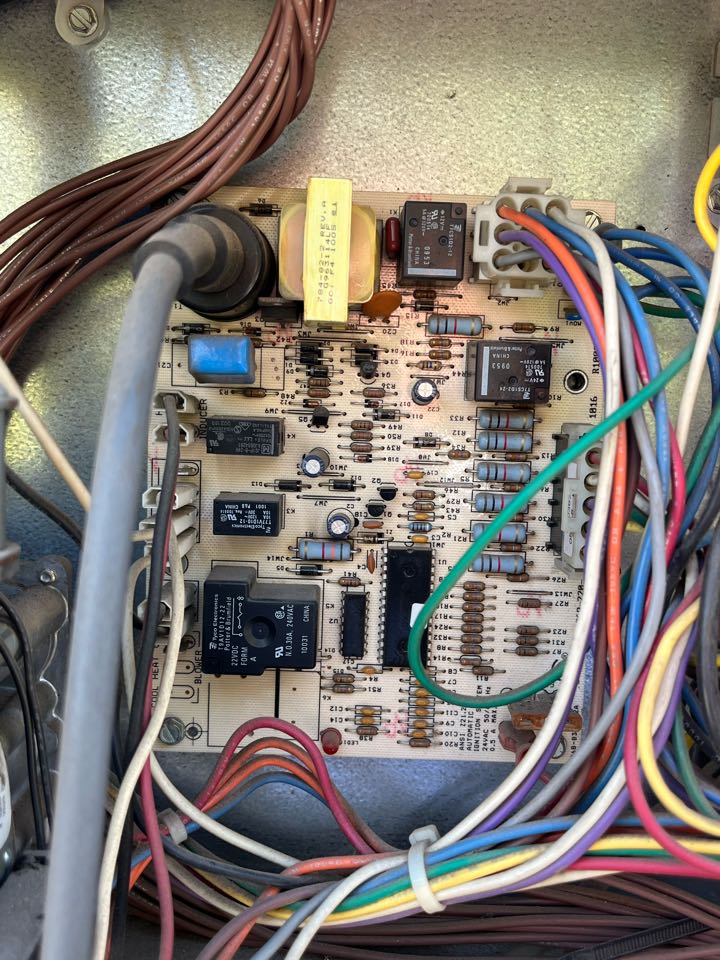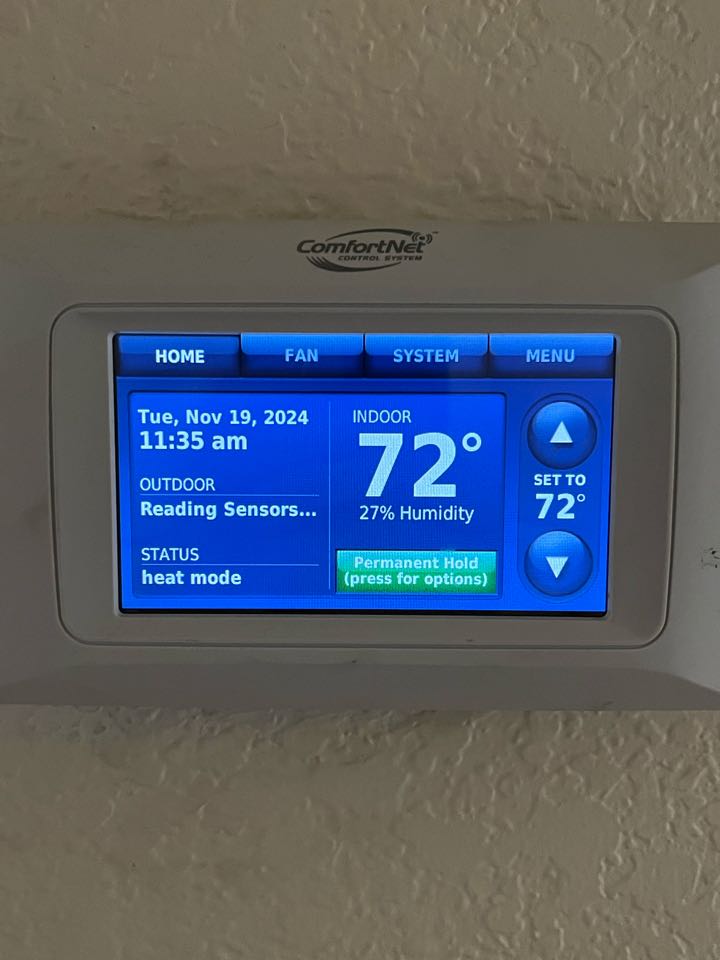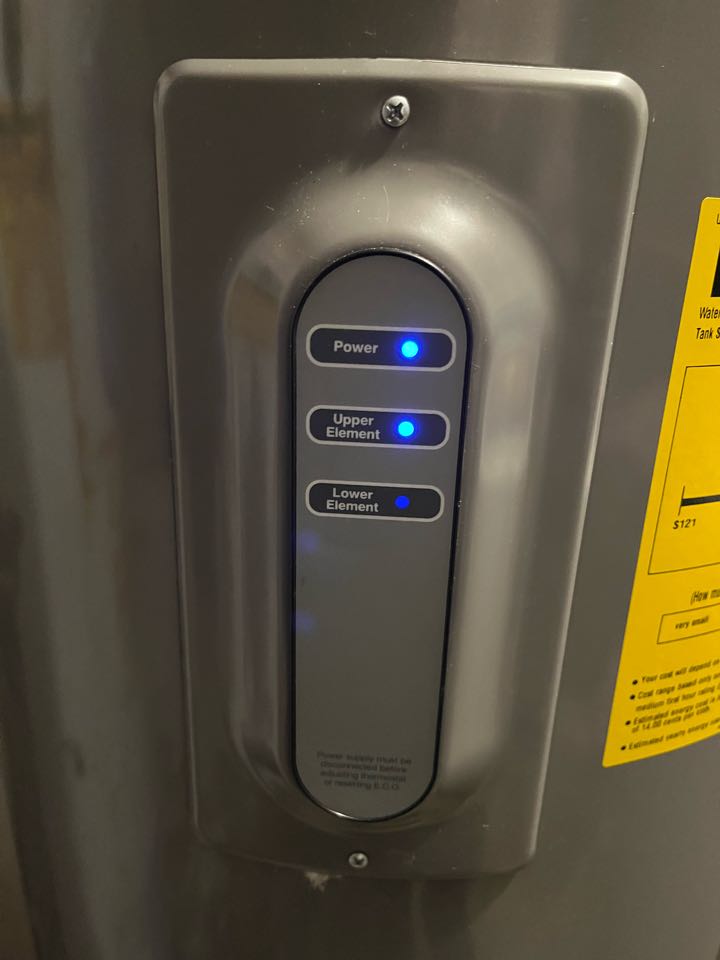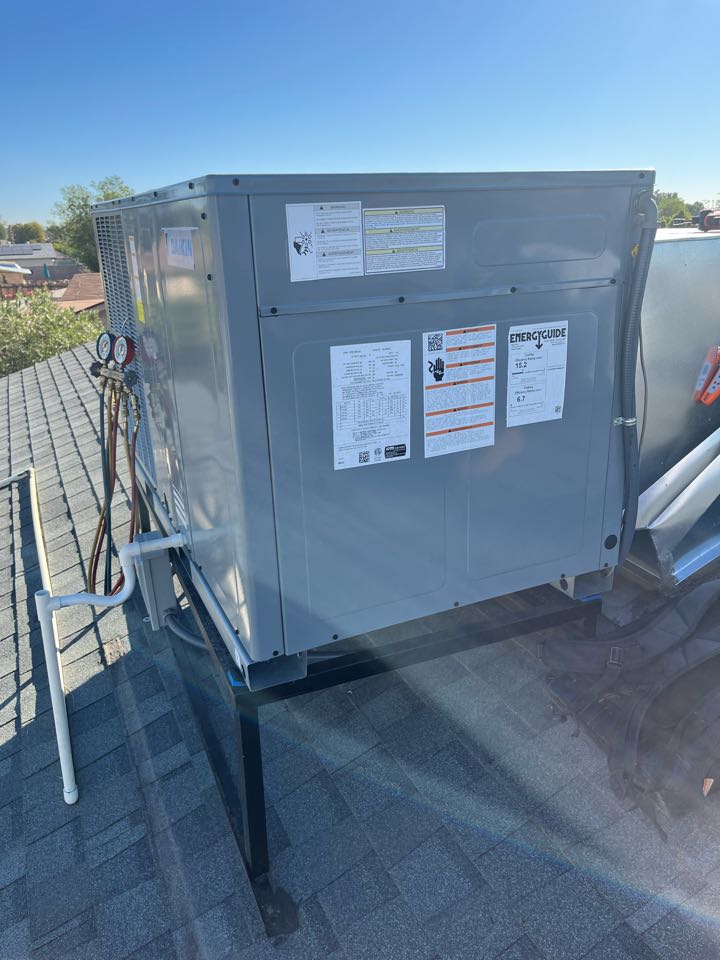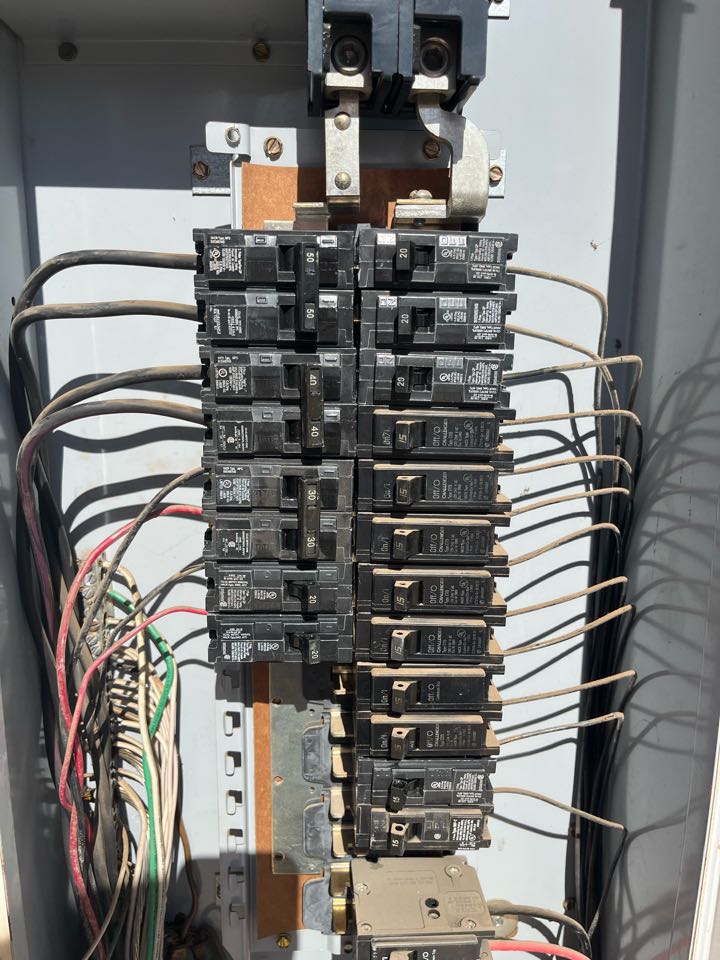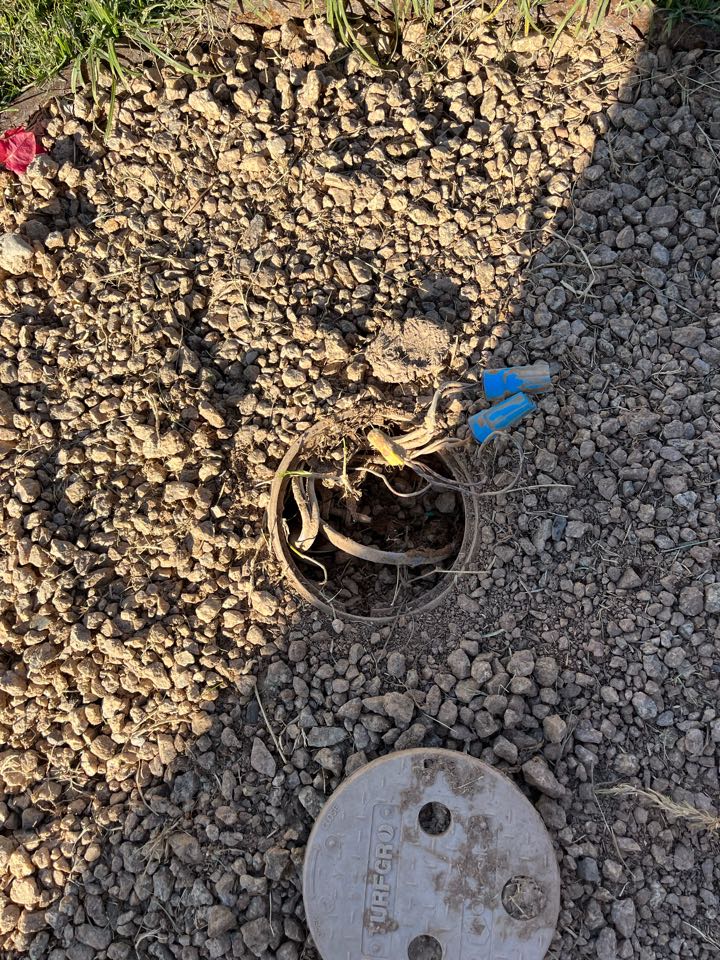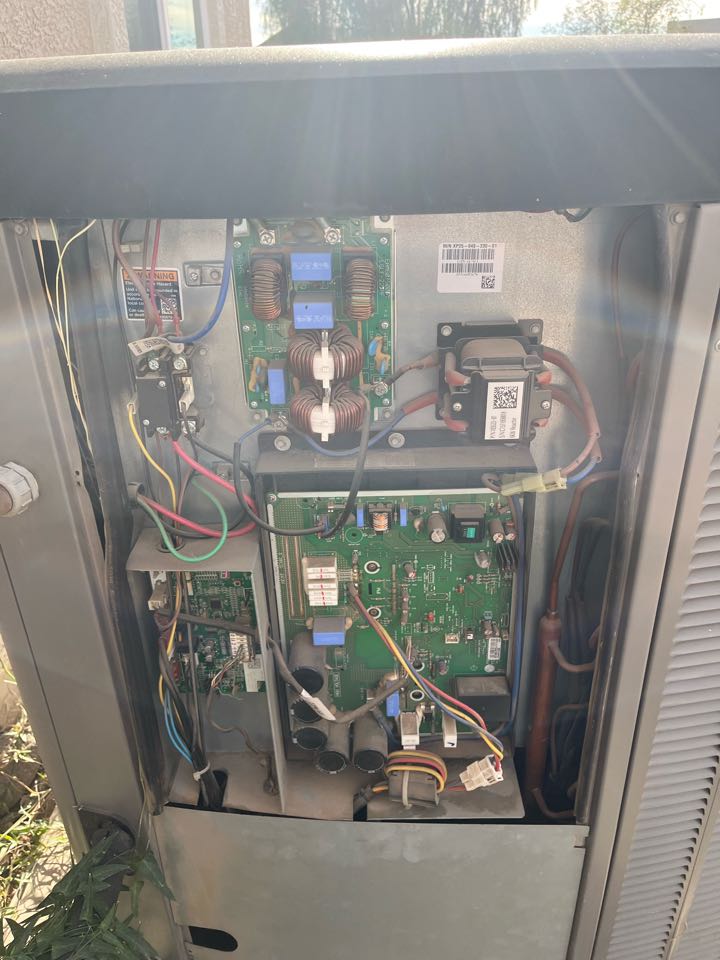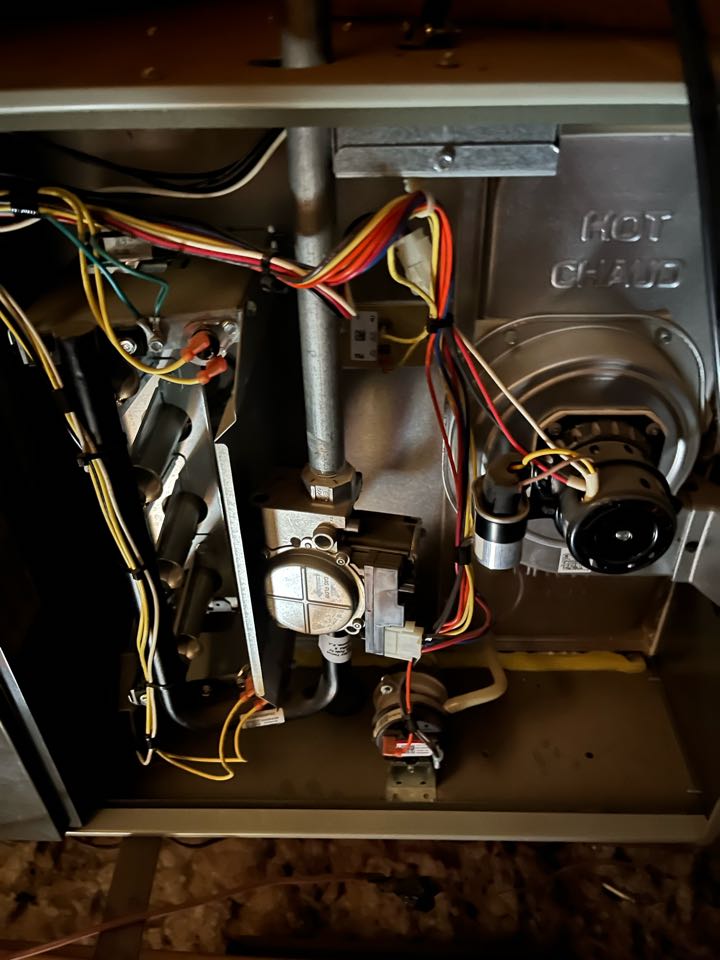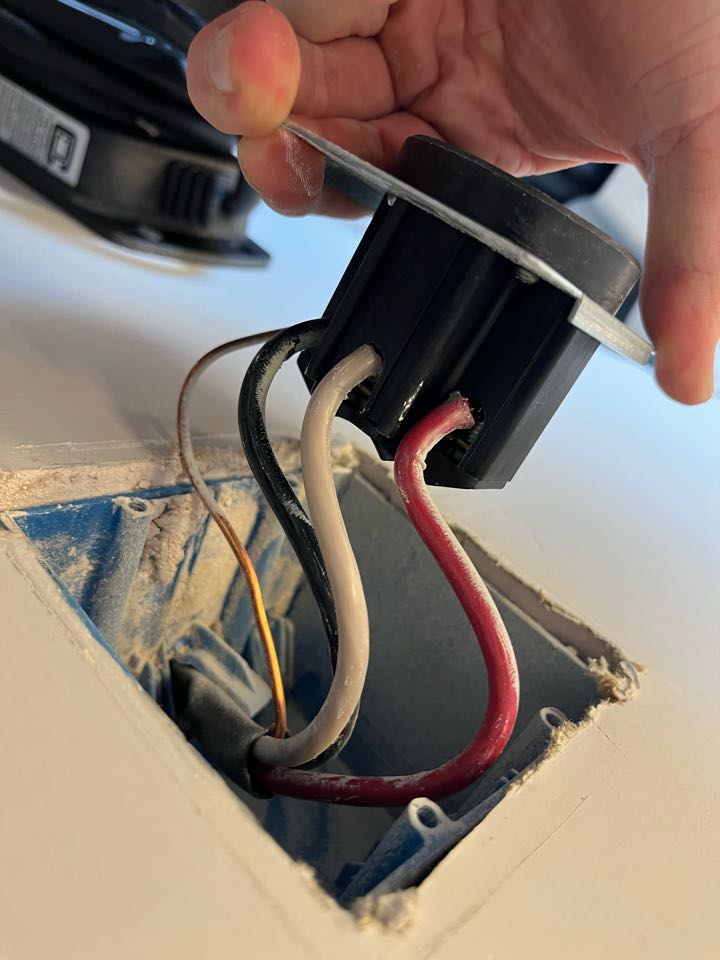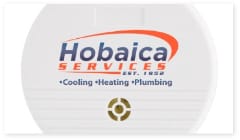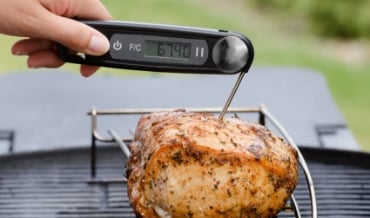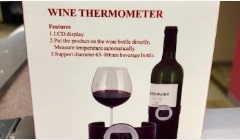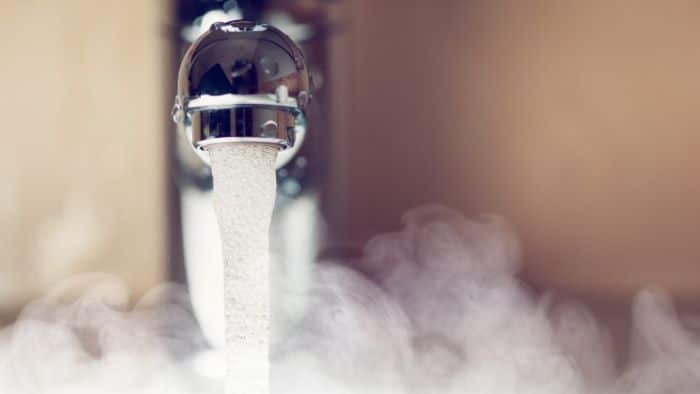
What Phoenix Homeowners Need To Know About Getting A New Water Heater.
Living in Phoenix is amazing! The sports, the outdoor activities, the incredible cultural events - And this time of year, the weather can’t be beat. The year-round climate here, however, can pose some challenges when it comes to home systems, especially your air conditioning and plumbing systems. If you need a new water heater, for instance, there are certain factors to consider when choosing the right unit, not only to account for your family’s needs but also the area in which you live. Hobaica Services is here to help!
In this article, our plumbers will walk you through all you need to know about getting a water heater installed that is effective, efficient, suited to the area, AND suited to you.
Water Heater Systems Ideal For Phoenix Conditions
Since we have higher temperatures year-round, we can enjoy some serious energy efficiency when it comes to heating our water. In our experience, these two types of water heaters work especially well in our area to keep your water hot and your bills low:
- Heat Pump Water Heaters: Using ambient air, heat pump water heaters work especially well in Phoenix’s warm climate. They’re more efficient and eco-friendly, using less energy to heat water by capturing natural heat.
- Tankless Water Heaters: Heating water on demand, these units avoid energy loss associated with reheating stored water. In addition, with fewer large temperature fluctuations, they’re less likely to strain the system and tend to last longer than in other areas of the country.
What Size Is Best For Your Household
With the warm weather we experience here, your household may not use a ton of hot water, but selecting the right-sized heater is still important. Some general guidelines you can follow as far as size are:
- Small Households (1-2 people): A tank size of around 30-40 gallons or a smaller tankless unit is usually sufficient.
- Medium Households (3-4 people): Opt for a tank of 40-50 gallons.
- Larger Households (5+ people): Consider a tank over 50 gallons or dual tankless units for a steady supply of hot water.
When To Upgrade
Unfortunately, standard tank water heaters have a fairly limited lifespan considering other large home appliances, like your furnace or fridge. Tank water heaters last around 8 years before they need to be replaced. Tankless models, however, can last 20 years or more.
If your current heater is showing signs of wear or inefficiency, upgrading sooner may save you from an unexpected breakdown and high repair costs.
Energy Efficient Systems
Home energy costs can run high in our area, especially in summer when air conditioning also ramps up. For an energy-efficient system, look for water heaters with a high Energy Factor (EF) rating, as they’re designed to use energy efficiently. As we noted earlier, you’ll find that tankless and heat pump models often have the highest ratings.
Space and Ventilation Considerations
Proper ventilation is essential for gas water heaters. Your installation technicians will need to make sure the installation area allows for safe venting, as enclosed spaces can pose safety risks.
For tankless models, keep in mind that while they are smaller systems, you’ll still need adequate wall space. In addition, some tankless models may require minor home electrical or plumbing adjustments, which our techs at Hobaica are licensed and certified to perform.
Go With The Pros
Professional installation will ensure your water heater is set up for success. So while it may seem like an easy DIY install, you don’t want to trust anyone other than a licensed plumber to perform the upgrade for these reasons:
- Safety: Professionals have the knowledge to handle gas, electrical, and plumbing connections safely, preventing issues that could arise with high heat and mineral-rich water.
- Code Compliance: Licensed installers understand local building codes and permits required for water heater installations, especially important for gas units.
- Warranty Protection: Most manufacturers require professional installation to keep the warranty valid, ensuring long-term reliability.
How Hard Water Can Impact Your New Water Heater
Phoenix has particularly hard water, which contains high levels of calcium and magnesium that can affect water heater performance. Over time, the minerals can build up in a water heater system, leading to:
- Reduced water heater efficiency
- Shortened lifespan for both tank and tankless models
- Potentially higher energy bills
For tank water heaters, regular tank flushing and descaling are necessary. Homeowners may also want to invest in a whole-house water softener to help reduce mineral buildup and increase efficiency.
Plan for Routine Maintenance
Post-installation care is critical to ensure your system stays efficient, especially in Phoenix’s hard water conditions. Here’s what to plan for:
- Flush Your Tank Regularly: For tank models, flush the tank every six months to reduce sediment buildup.
- Descale Tankless Units: Hard water leads to mineral buildup faster, so it’s essential to descale tankless models annually.
- Anode Rod Inspections: For tank water heaters, inspect the anode rod every year or two. This rod attracts corrosive elements in the water to help protect the tank and prolong its lifespan.
Consult A Hobaica Expert Today
Phoenix’s unique climate and hard water conditions make choosing the right water heater and installation process essential. By selecting a system built for desert environments and planning for regular maintenance, you’ll enjoy consistent hot water and better energy savings.
The professional installers at Hobaica Services will ensure your water heater is optimized for your home, giving you peace of mind and reliable hot water for years to come. Get a quote today online or contact our team with any questions.



